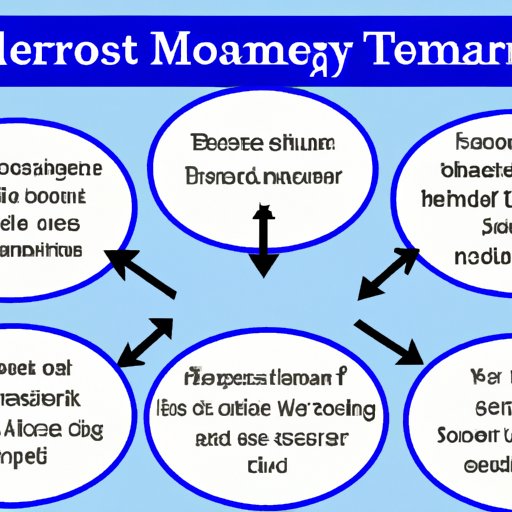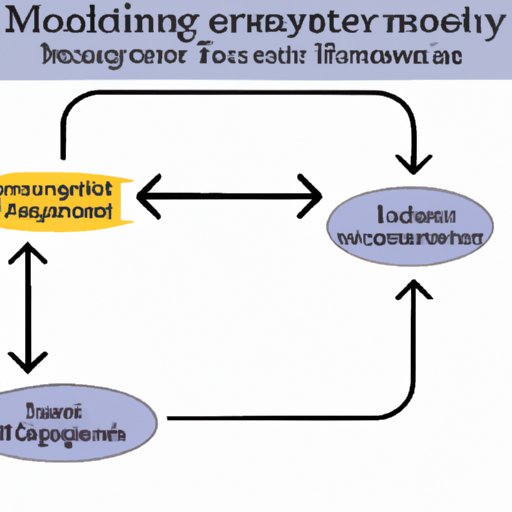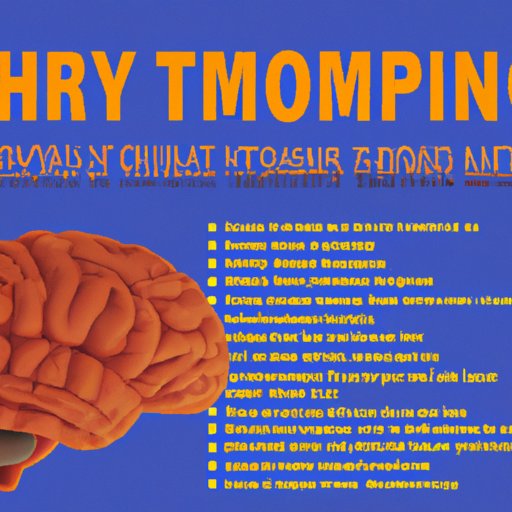Exploring the Science Behind Short Term Memory
Memory is one of the most fascinating aspects of the human brain. It is responsible for storing, organizing, and recalling information that we gather throughout our lives. But how does this process work? Understanding the science behind short term memory can help us gain insight into how our brains store and retrieve information.
What is Memory?
Memory is the process by which we encode, store, and recall information in the brain. It is composed of several stages, including sensory memory, short-term memory, and long-term memory. In order for a memory to be created, it must first pass through these stages.
How Does the Brain Store and Retrieve Information?
The process of storing and retrieving information begins with the sensory system. The information is first processed by the senses and then sent to the brain. Once the information reaches the brain, it is encoded, stored, and retrieved using a variety of neural pathways. This process involves the use of neurotransmitters, which are chemicals that allow neurons to communicate with each other.
The Role of Neurotransmitters in Short-Term Memory
Neurotransmitters play an important role in short-term memory. They act as messengers between neurons, allowing them to communicate with each other and transfer information. Neurotransmitters are released when a neuron is stimulated, and they can help create new memories or strengthen existing ones.

How Short Term Memory Functions in the Brain
Short-term memory is stored in the hippocampus, a part of the brain located in the temporal lobe. The hippocampus is responsible for forming new memories, transferring them to long-term storage, and retrieving them when needed. It is also involved in the formation of emotional memories, which are stored in the amygdala.
The Role of Attention and Concentration in Short Term Memory
Attention and concentration are essential for forming and retaining memories. When we pay attention to something, we are more likely to remember it. Strategies such as focusing on one task at a time, breaking tasks down into smaller steps, and taking regular breaks can help improve focus and concentration.

Examining the Different Types of Short Term Memory
Sensory memory is the first stage of memory. It is a fleeting type of memory that lasts only a few seconds and holds information that has been recently perceived. Working memory is a type of short-term memory that stores information for a brief period of time. Long-term memory is a type of memory that stores information for an extended period of time.

Understanding the Process of Encoding and Retrieving Information from Short Term Memory
Encoding is the process of transforming information into a form that can be stored in the brain. Retrieval is the process of accessing information stored in the brain. Both processes are essential for forming and retrieving memories.
The Impact of Stress and Anxiety on Short Term Memory
Stress and anxiety can have a negative impact on short-term memory. Research has found that people who are under high levels of stress are more likely to forget things than those who are not. Ways to reduce stress and anxiety include practicing mindfulness, exercising, and getting enough sleep.
Conclusion
Short term memory is a complex process that involves encoding, storing, and retrieving information from the brain. It is essential for forming and retaining memories, and is heavily influenced by factors such as attention, concentration, and stress. Understanding the science behind short term memory can help us gain insight into how our brains store and retrieve information.
(Note: Is this article not meeting your expectations? Do you have knowledge or insights to share? Unlock new opportunities and expand your reach by joining our authors team. Click Registration to join us and share your expertise with our readers.)
